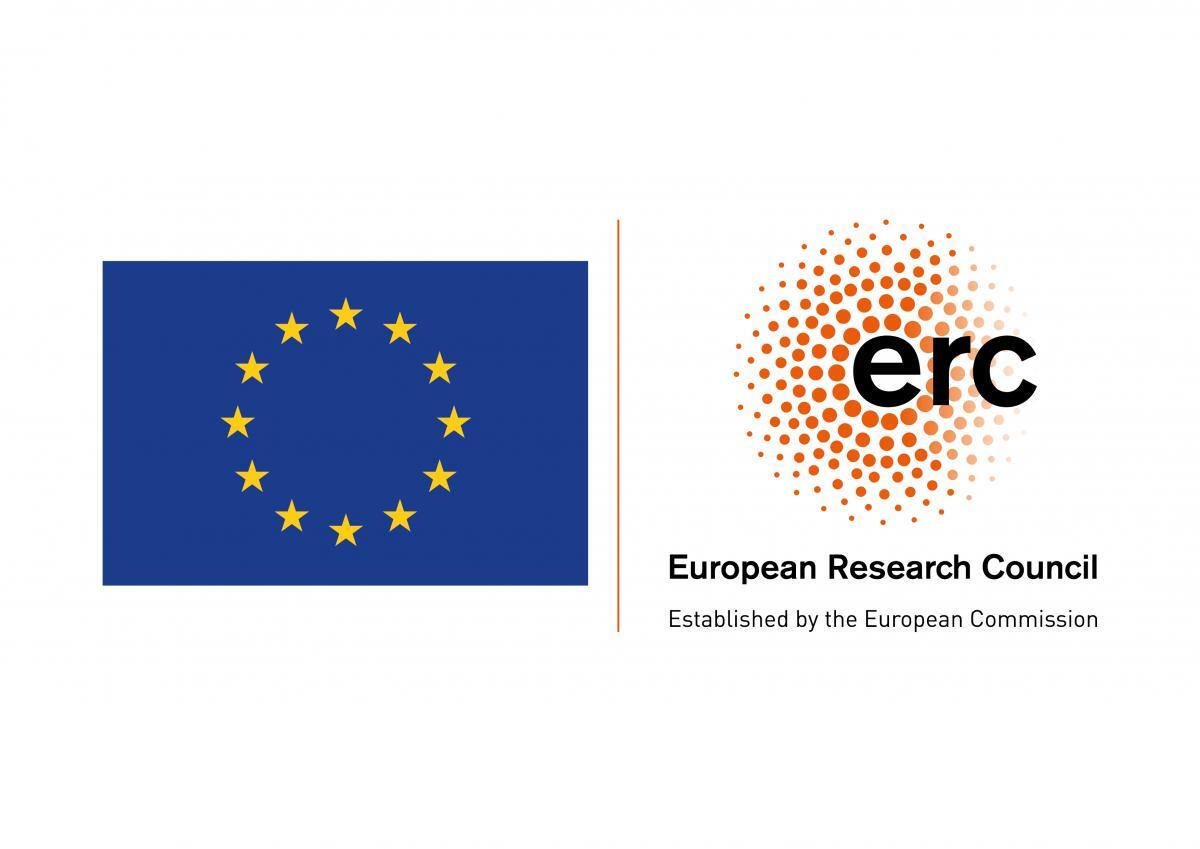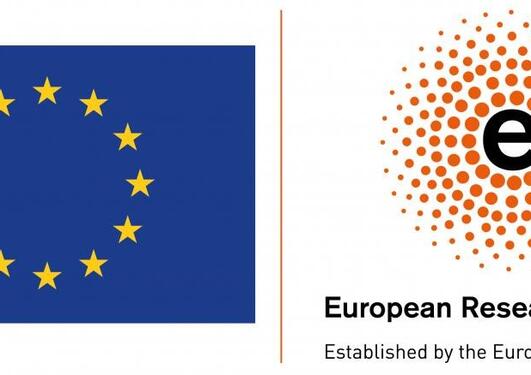Research group
ReproEpi : Registry-based reproductive epidemiology
We investigate how pregnancy complications impact the long-term health of mothers, fathers, and children, focusing on cardiovascular diseases, diabetes and reproductive cancers. Unlike most other studies, our research considers an individual’s entire reproductive history, leveraging high-quality, family-structured data from Norwegian Health Registries.

Photo:
Colourbox.com
Main content
Related content
03.12.2024




